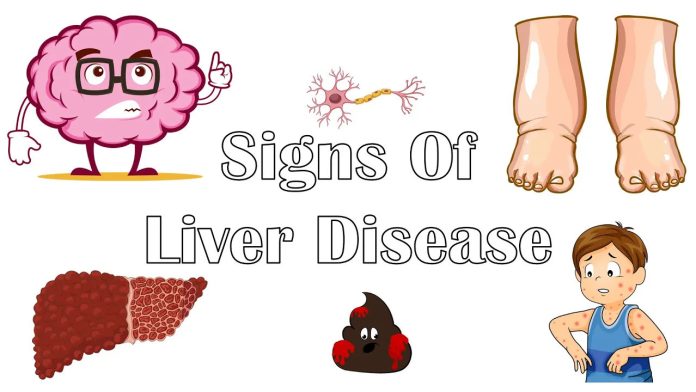Estimated reading time: 0 minutes
The growing epidemic of obesity has significant implications for liver health, marking a critical concern in public health. This complex interplay between obesity, insulin resistance, and liver disease, particularly Non-Alcoholic Fatty Liver Disease (NAFLD), highlights the urgent need for effective interventions. Understanding how these conditions influence each other is essential for developing strategies to improve liver health and break the detrimental cycle.
The Complex Relationship Among Obesity, Insulin Resistance, and Liver Disease
1. The Impact of Excess Weight on Liver Conditions:
Excess body weight is a key factor in the onset of NAFLD, the leading liver disorder worldwide. This disease spectrum includes everything from simple fat accumulation in the liver to the more severe Non-Alcoholic Steatohepatitis (NASH), which can progress to liver cirrhosis and cancer.
2. Insulin Resistance at the Core:
At the heart of the relationship between obesity and liver disease is insulin resistance. This condition, often induced by excess weight, leads to inadequate insulin response in the body’s cells, causing the pancreas to increase insulin production. This excess insulin promotes weight gain and liver fat accumulation, perpetuating the cycle of metabolic dysfunction.
3. Contributions of Inflammation and Oxidative Stress:
Obesity induces a state of chronic inflammation and oxidative stress, worsening insulin resistance and liver damage. This not only accelerates liver disease progression but also increases the risk for other metabolic disorders, such as type 2 diabetes and heart disease.
Breaking the Harmful Cycle
1. Implementing Lifestyle Changes:
Fundamental to disrupting this cycle are lifestyle changes aimed at weight reduction. Adopting a diet focused on whole, unprocessed foods and engaging in consistent exercise can decrease body fat, enhance insulin sensitivity, and improve liver health.
2. Pharmacological Approaches to Insulin Resistance:
For individuals where lifestyle adjustments are insufficient, medication may be necessary to improve insulin sensitivity and prevent liver fat buildup. Drugs like metformin have been effective in enhancing insulin response and reducing the risk of liver complications.
3. Regular Liver Health Evaluations:
Those at risk or already dealing with NAFLD should undergo routine liver function assessments to catch and address liver issues early. Prompt management can halt disease progression and minimize the likelihood of severe liver damage.
4. Promoting Knowledge and Preventive Measures:
Public education on the connections between obesity, insulin resistance, and liver health is crucial. Health campaigns and initiatives that advocate for nutritional education, active living, and informed lifestyle choices can significantly impact the fight against obesity and related liver diseases.
Conclusion
The intricate ties between obesity, insulin resistance, and liver health call for a holistic and proactive approach to health management. By making informed lifestyle choices, seeking timely medical care, and increasing public awareness, it is possible to mitigate the effects of obesity on liver disease and foster a healthier society. Collective action from healthcare professionals, individuals, and communities is vital to address the challenges posed by obesity and its repercussions on liver health and metabolic disorders.
Related-
Know More About Ayurveda Treatments For Liver Related Disorders.
GET IN TOUCH


Recent comments